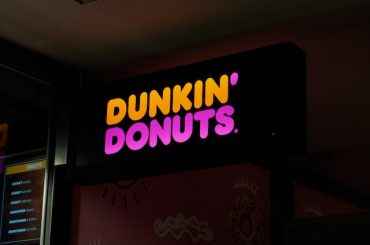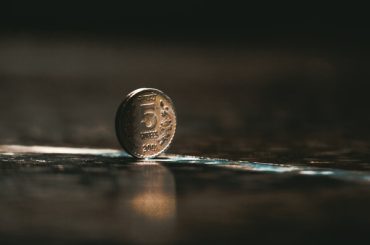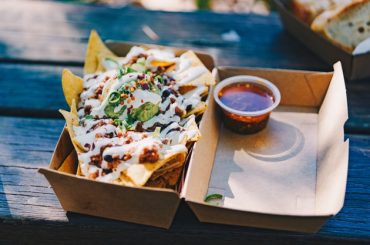The outbreak of novel coronavirus had a detrimental impact on many industries worldwide, including the Fast Moving Consumer Goods(FMCG) sector. With the supply chains getting disrupted due to lockdowns and other measures, FMCG firms faced logistics challenges resulting in sluggish growth. When most of the big FMCG players were struggling to revive the business, a personal care product brand Mamaearth, which Honasa Consumer Pvt Ltd runs, clocked a 400% growth.
From a base revenue of Rs.17 crore in the financial year 2019, Mamaearth has seen exponential growth in the financial year 2020 with a revenue of Rs. 500 crore. Currently, the annual revenue run rate of Mamaearth is Rs. 700 crores ($100 million), according to analysts at Jefferies India Pvt Ltd. With this revenue rate, the company is expected to gain revenues of around Rs. 2000 crore in the coming three years.
From parents to entrepreneurs
In the year 2014, Ghazal and Varun Alagh were blessed with a baby boy. As a parent, they were concerned about using baby care products as most of them contain chemicals that can be harmful to a child. After thorough research, they found that almost no baby care product brand in India provides 100% toxin-free baby care products, and hence they have to order products from the US and UK in order to get what they want.
During their research, they also started surveying new parents and found that most parents are concerned about the presence of chemicals in baby care products that they use. Varun, having a 10-year of experience in the FMCG sector, saw a potential market and a demand and supply gap that the husband-wife duo can fill.
Varun left his corporate job, and along with his wife Ghazal, founded Honasa Consumer Pvt Ltd in 2016 to provide toxin-free baby care products. By the year-end, the company launched its brand as Mamaearth, which claims to provide toxin-free international standard products.
The company quickly realized the market potential of toxin-free products and started expanding its product range from baby care to include personal care products for adults. Today 80% of Mamaearth’s revenue is from skincare and haircare products. The direct-to-customer company has completely evolved today from a baby care product brand to personal care product brand.
Mamaearth’s marketing strategy: Rule the Digital
From the very beginning, Mamaearth knew the importance of brand awareness and hence worked towards it aggressively. Of the total marketing expenditure Mamaearth claims to have spent 90% on digital platforms and 10% on traditional media such as television.
Through digital campaigns, Mamaearth reached out to social media influencers for brand awareness and worked heavily to target millennials. To target the market beyond metro cities, the company focussed on television advertisements as well. They partnered with the Viacom18 network of channels to become sponsors of popular shows.
To strengthen the brand image of a toxin-free product brand, Mamaearth started investing in sustainability. The brand started a ‘Plant Goodness’ initiative to plant a tree for every order received. To augment that, they also started a ‘Plastic Positivity’ initiative which aims to recycle plastic. These campaigns helped Mamaearth in gaining the customers’ interest by making them realize that while buying a product from Mamaearth, they are also contributing towards the well-being of the environment.
Pandemic acted as a catalyst to Mamaearth’s marketing strategy
The lockdowns to curb the impact of COVID-19 resulted in a shutdown of offline stores and resulted in pushing a large segment of buyers to resort to an online mode of purchasing. Mamaearth, already having an online presence and a strong digital marketing strategy, got a head-start when offline rivals were still struggling to establish a digital presence. Mamaearth soon started expanding its e-commerce strategy, which resulted in a massive surge of new buyers.
To retain this new customer segment even after the lockdown, Mamaearth also started investing in offline strategies. From an offline presence in around 3000-odd stores, the brand ramped up its stores to 10,000. When some companies saw layoffs due to the pandemic, Mamaearth started increasing its headcount by starting a hiring spree which will help them scale up massively after the lockdowns. The move turned out to be visionary and as a result, when the COVID-19 related restrictions were eased off, Mamaearth made a fifth of its sales from offline stores resulting in a 15% increased contribution from offline sales.
Mamaearth continued doing experiments with different products resulting in many hits and misses. However, during COVID-19, they strike a right shot by launching Vitamin-C and turmeric laced face washes, face serum, and skincare products. It turned out to be a game-changer. They were sold like hotcakes and topped the selling charts. This turned out to be a booster dose for the brand.
The way forward
Mamaearth is backed by investors including Sequoia India, Stellaris Ventures, Fireside Ventures, Marico’s Rishabh Mariwala, Snapdeal founders Kunal Bahl and Rohit Bansal, and actor Shilpa Shetty Kundra. It is all set to raise $80-100 million from existing investors who might value the company at $350-400 million. This is due to the raised confidence among the investors seeing Mamaearth’s exponential growth.
Mamaearth’s solid marketing strategy has helped them create a strong brand image among different market segments, from millennials to adults. Their unique selling point is the absence of toxins and harmful chemicals in their products. This has helped them in building a loyal customer base. To further solidify their market positioning, they must maintain that image and continuously expand the customer base by experimenting with new products.
Another thing that the company should look into is the stiff competition in the FMCG sector. Considering the exponential growth in this segment, the big players will try to dominate the market again using their strong supply chains as soon as the pandemic situation is eased further. As Mamaearth is already focussing on expanding offline stores and headcount, they have to build efficient supply chains and strong logistics to retain the growth and tackle the competition.
-AMAZONPOLLY-ONLYWORDS-START-
Also, check out our most loved stories below

Why did Michelin, a tire company, decide to rate restaurants?
Is ‘Michelin Star’ by the same Michelin that sells tires, yes, it is! But Why? How a tire company evaluations became most coveted in the culinary industry?
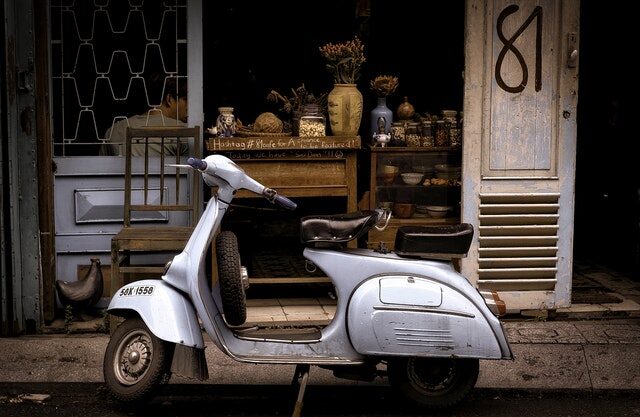
Bajaj Auto: The Story of an Indian Born Global Brand
Bajaj Auto has evolved tremendously over time from its traditional scooter Chetak to having the trendiest bike Pulsar. It has managed to stay relevant.

Jio’s Offensive Marketing Warfare: From Challenger to Leader
In just 4 years Reliance Jio has become the Indian telecom market leader due to its marketing warfare strategies. What is this strategy and how Jio used it?

Johnnie Walker – The legend that keeps walking!
Johnnie Walker is a 200 years old brand but it is still going strong with its marketing strategies and bold attitude to challenge the conventional norms.

Flipsters: Creating the Butterfly effect in Indian Startup Ecosystem
How is it that ex-Flipkart employees or Flipsters as they call themselves have achieved such massive success in the Indian Startup Ecosystem?
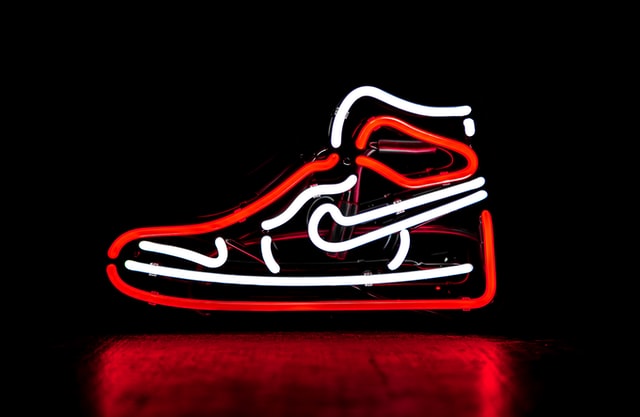
Nike doesn’t sell shoes. It sells an idea!!
Nike has built one of the most powerful brands in the world through its benefit based marketing strategy. What is this strategy and how Nike has used it?
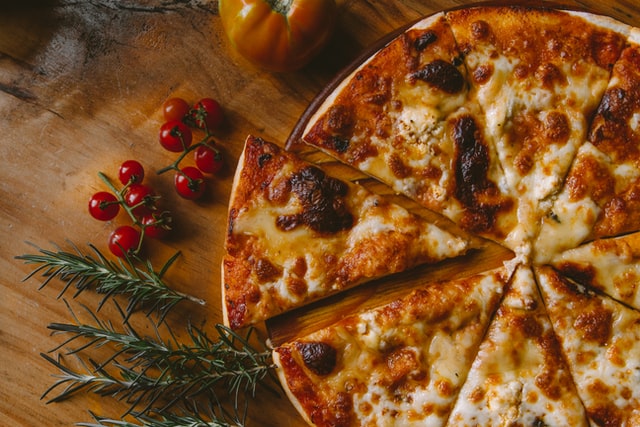
Domino’s is not a pizza delivery company. What is it then?
How one step towards digital transformation completely changed the brand perception of Domino’s from a pizza delivery company to a technology company?

Why Indians love Old Monk? What is the revival plan of the dying brand?
Indians especially armed forces and college students for generations have loved Old Monk. What makes this rum so special? It’s classy, dark yet affordable.
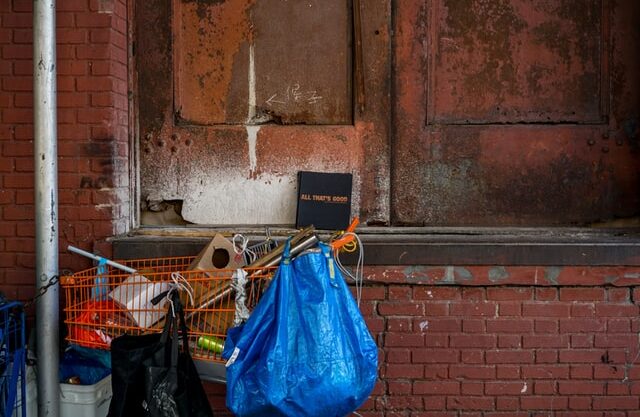
IKEA- The new master of Glocalization in India?
IKEA is a global giant. But for India, the brand modified its business strategies. The adaptation strategy by a global brand is called Glocalization
-AMAZONPOLLY-ONLYWORDS-END-




